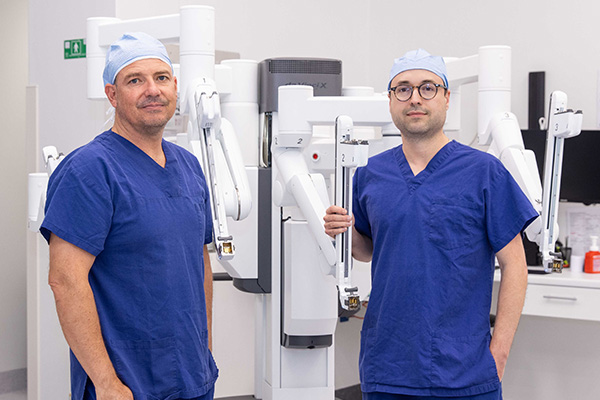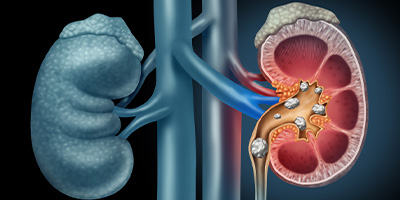Circumcision
About The Procedure
Circumcision is a surgical procedure that involves removing the foreskin, the skin covering the top of the penis (the glans). Typically performed in infancy or childhood, circumcision can also be undertaken at any age for both medical and religious reasons.

Reasons for Circumcision
Circumcision is commonly carried out for religious and cultural beliefs, but it also addresses various medical conditions affecting the foreskin, including:
Phimosis
When the foreskin becomes too tight to retract over the glans.
Paraphimosis
Occurs when the foreskin is retracted and not returned to its normal position, leading to swelling and constriction.
Balanitis and Posthitis
Infections of the glans and foreskin, respectively, are often caused by poor hygiene.
Balanitis Xerotica Obliterans
A skin condition affecting the foreskin and urethra, which may necessitate circumcision for treatment.
Operation
Circumcision is typically performed under local anaesthesia for infants and with general anaesthesia for older children and adults. The traditional method involves cutting the foreskin and stitching the remaining skin. An alternative procedure called preputioplasty involves cutting and stretching the foreskin rather than complete removal.
Recovery
Patients can usually leave the hospital once they have recovered from the anaesthesia. Physical activities can be resumed once comfortable, typically within seven to ten days for adults and children. However, strenuous activities may require additional rest. Sexual activity should be avoided for approximately four weeks to prevent discomfort and bleeding.
Benefits
Circumcision can alleviate discomfort and inflammation caused by certain medical conditions and reduce the risk of urinary tract infections and sexually transmitted infections, including HIV, herpes simplex, and human papillomavirus. It also lowers the risk of certain types of penile cancer.
Possible Complications
As with any surgery, circumcision carries risks such as adverse reactions to anaesthesia, bleeding, and infection. Other potential complications include excessive or insufficient foreskin removal, scarring of the urethra, damage to the penis, and the formation of scar tissue between the glans and shaft.
Please arrange a consultation with one of our urologists to discuss or book a circumcision
For more information about your procedure please read through the information from The British Association of Urological Surgeons (BAUS).
Additional Resources
Circumcision (Complete Removal Of The Foreskin)
Information about your procedure from The British Association of Urological Surgeons (BAUS)
Circumcision Process
What's on this page
Other Services






